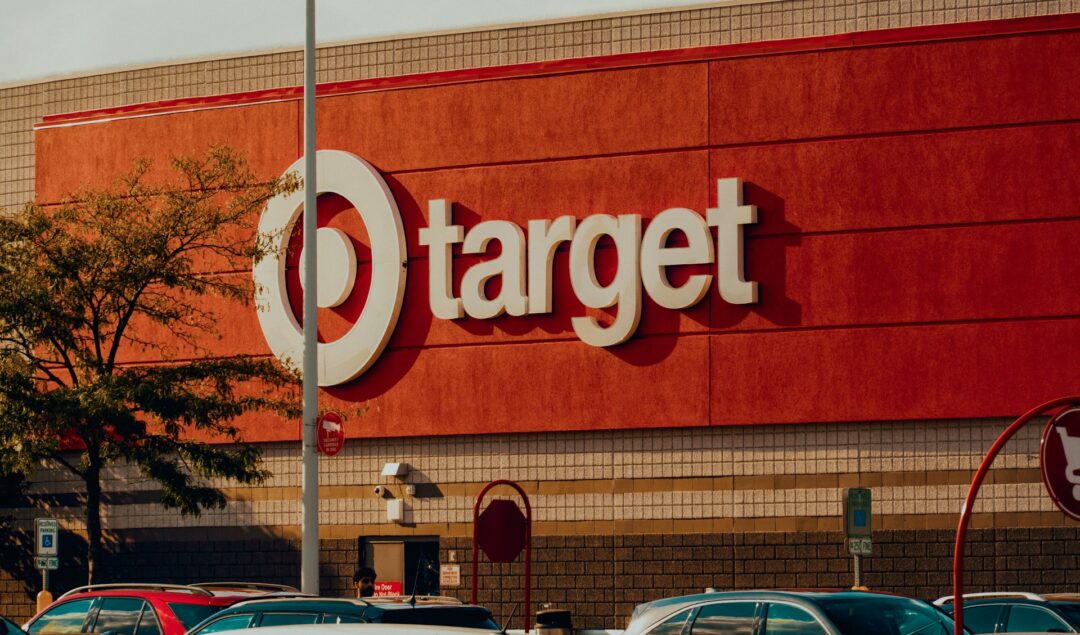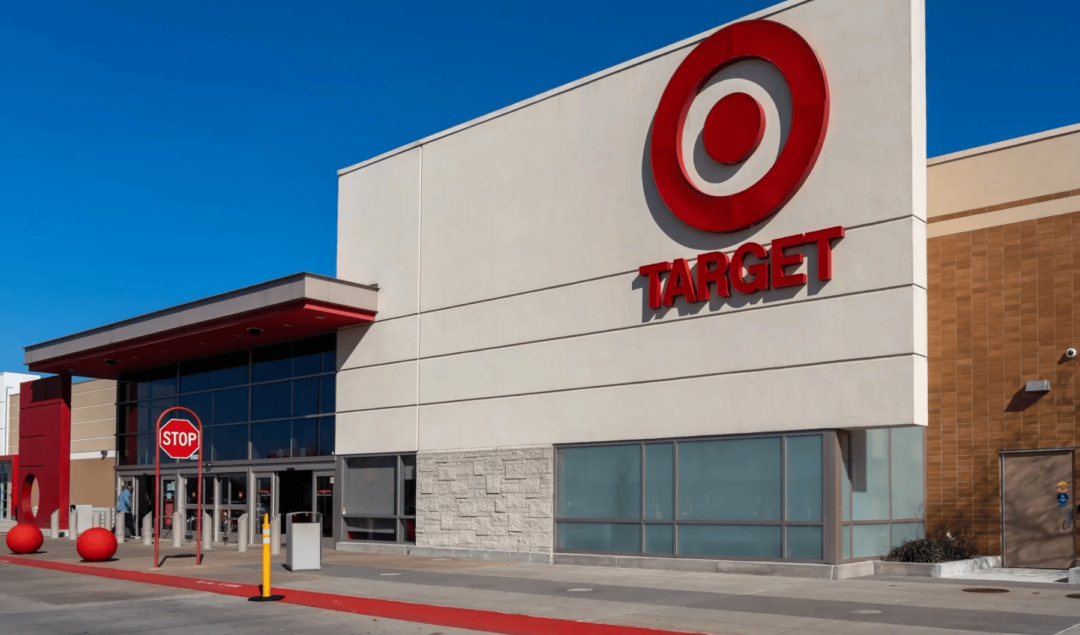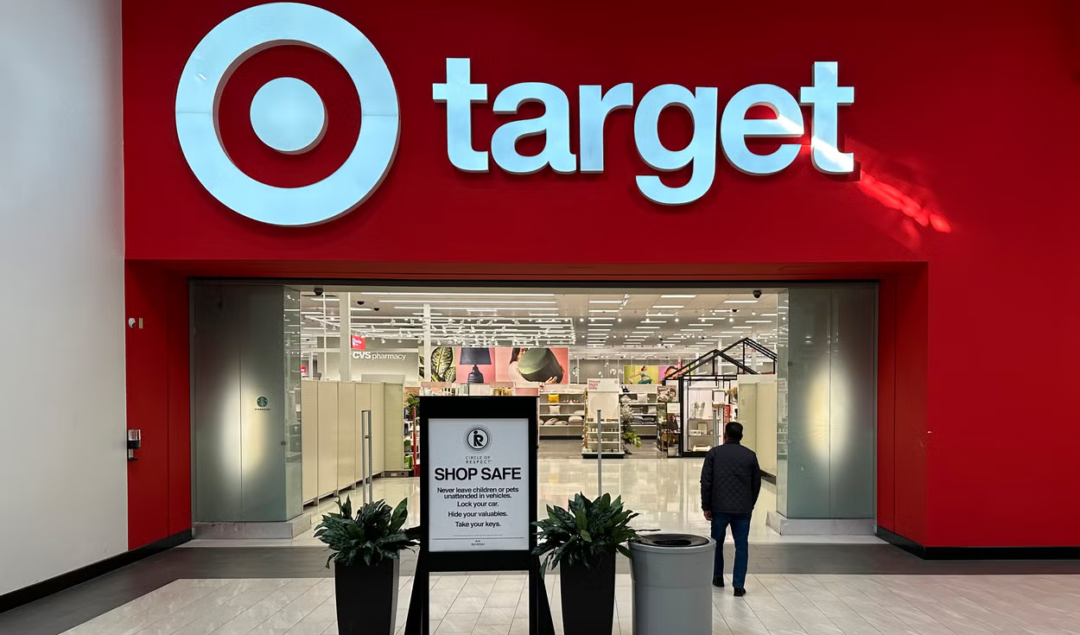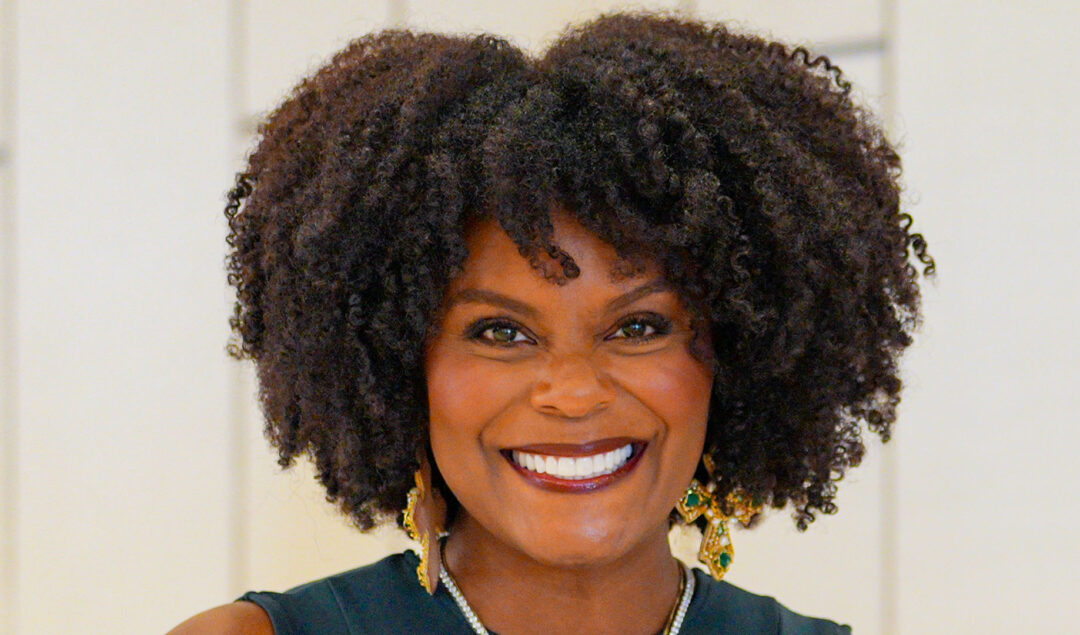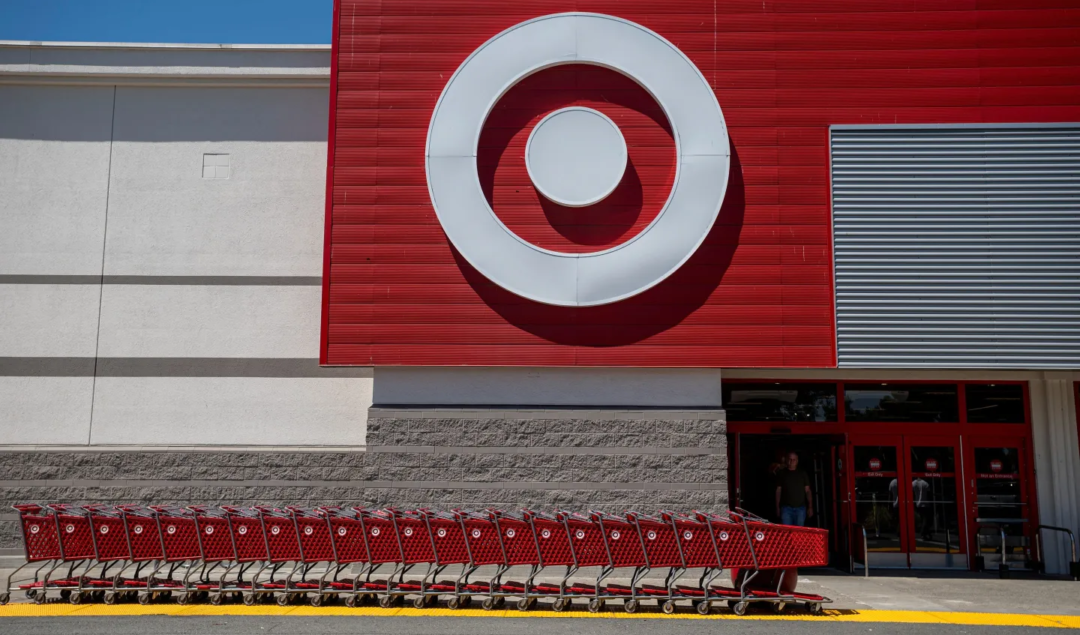Target’s new CEO, Michael Fiddelke, told employees in Minneapolis on Feb. 4, 2026, that he plans to rebuild customer and employee trust after the retailer’s pullback from DEI triggered backlash. Reporting from Bloomberg News shows Fiddelke used his first town hall to concede that Target “lost” trust and that leadership failed to communicate clearly in the moment. CNN reports that the credibility gap was tied to the dismantling of DEI commitments, including a program that helped Black-owned businesses secure shelf placement, plus the removal of minority hiring goals and the
Target announced it will cut 1,800 corporate jobs after trying to grow following four years of roughly stagnant sales and boycotts amid DEI backlash. In a memo sent to staff, Target’s incoming CEO, Michael Fiddelke, said the eliminated roles include about 1,000 employee layoffs and about 800 positions that will no longer be filled. “This spring, we launched our enterprise acceleration efforts with a clear ambition: to move faster and simplify how we work to drive Target’s next chapter of growth,” Fiddekele said in a company memo, shared by CNBC. “The
Target is spotlighting its partnership with Russell Innovation Center for Entrepreneurs (RICE), a program supporting Black small business founders with access, education, and community, amid ongoing boycotts over its decision to rollback DEI initiatives. In a press release published on October 20, 2025, Target detailed its partnership with RICE, which began in 2020 and was renewed in 2024. The release comes just months after CEO Brian Cornell stepped down, following low foot traffic and sales. Target’s partnership with RICE The RICE’s Retail Readiness Academy (RRA) has allowed Black founders to expand
Tabitha Brown says her business has taken a “major hit” following boycotts of Target earlier this year. The backlash came after Target announced in January 2025 that it would end its diversity, equity, and inclusion (DEI) initiatives, including programs supporting Black- and minority-owned brands. Brown, who sold home décor and hair care lines through the retailer, has since pivoted with the April launch of her Tab & Chance fragrance, sold directly to consumers. Target Boycott affecting Black Businsesses When the boycott was announced, Brown said she understood the desire for
After serving at Target for 11 years, CEO Brian Cornell is stepping down from the retailer after it faced low foot traffic and backlash to ending its DEI efforts. Cornell will stay on as executive chairman and will be replaced by Target’s current chief operating officer, Michael Fiddelke, on February 1, 2026, according to a press release. He took over the company in 2014 and transformed the retailer, overseeing a strategy to remodel stores and strengthen the chain’s online business to compete with Amazon. Target’s decline Target has been on
Target has struggled to recover from boycotts and backlash following its rollback of diversity, equity, and inclusion (DEI) initiatives. The retailer’s foot traffic has remained low, according to data from analytics platform Placer.ai. Since Q1 2024, the company’s year-over-year foot traffic changes have closely mirrored its revenue shifts, Retail Brew reports, differing by an average of just 1.2 percentage points over the past five quarters. Scaling Back DEI Efforts In January, Target announced that it would end its three-year DEI goals, conclude its Racial Equity Action and Change (REACH) initiatives in
AMP, a streaming group comprising influencers, has secured a deal with Target, but some consumers are unhappy with the move. The group that creates collaborative videos on YouTube and Twitch consists of Duke Dennis, Kai Cenat, Fanum, Agent 00, ChrisNxtDoor, and ImDavisss. They have now launched a personal care brand called Tone, which will be sold exclusively at Target. “We really saw a gap in the shelves for a new brand to break through — and for a brand that is fresh and represents who we and our community are. Products that don’t just look good
On May 25th, hundreds of people knelt in prayer outside of local Target stores to commemorate the fifth anniversary of George Floyd’s murder. The prayer lasted for 9 minutes and 29 seconds—the exact time Minneapolis police officer Derek Chauvin knelt on Floyd’s neck, according to Afro.com. Faith leaders across the country led the prayer, including Pastor Jamal Bryant, who had led the 40-day boycott against the retailer, which has now evolved into a complete cancellation. “Effective immediately. Target is canceled,” he said. The company doesn’t “value who it is that
Melissa Butler, founder and CEO of The Lip Bar, shared that sales have declined by 30% since the boycott of Target began earlier this year. The boycott is in response to Target’s decision to roll back its DEI efforts, which include a commitment to increasing Black representation by 20% and a program to feature more products by Black- and minority-owned businesses. Butler is now calling on consumers to support Black-owned businesses through other channels, including buying from them directly. The Lip Bar’s sales declining In a video posted on social media,
It’s been a tough few months for Target after it rolled back its DEI efforts. In a bid to boost company morale, CEO Brian Cornell wrote a memo to employees, but it may have caused more confusion. Cornell admitted that it has been “a tough few months” between the retail economy and “headlines, social media, and conversations that may have left you wondering,” as The Minnesota Star Tribune stated. However, he said Target’s culture and commitment to staff remain the same. Target ending its DEI efforts In January, the retailer announced

